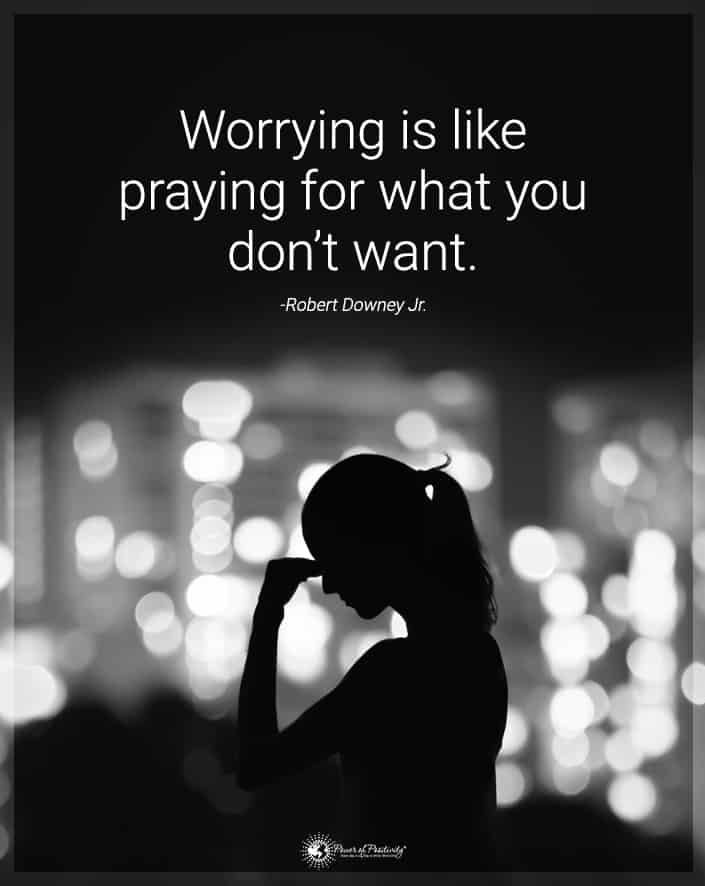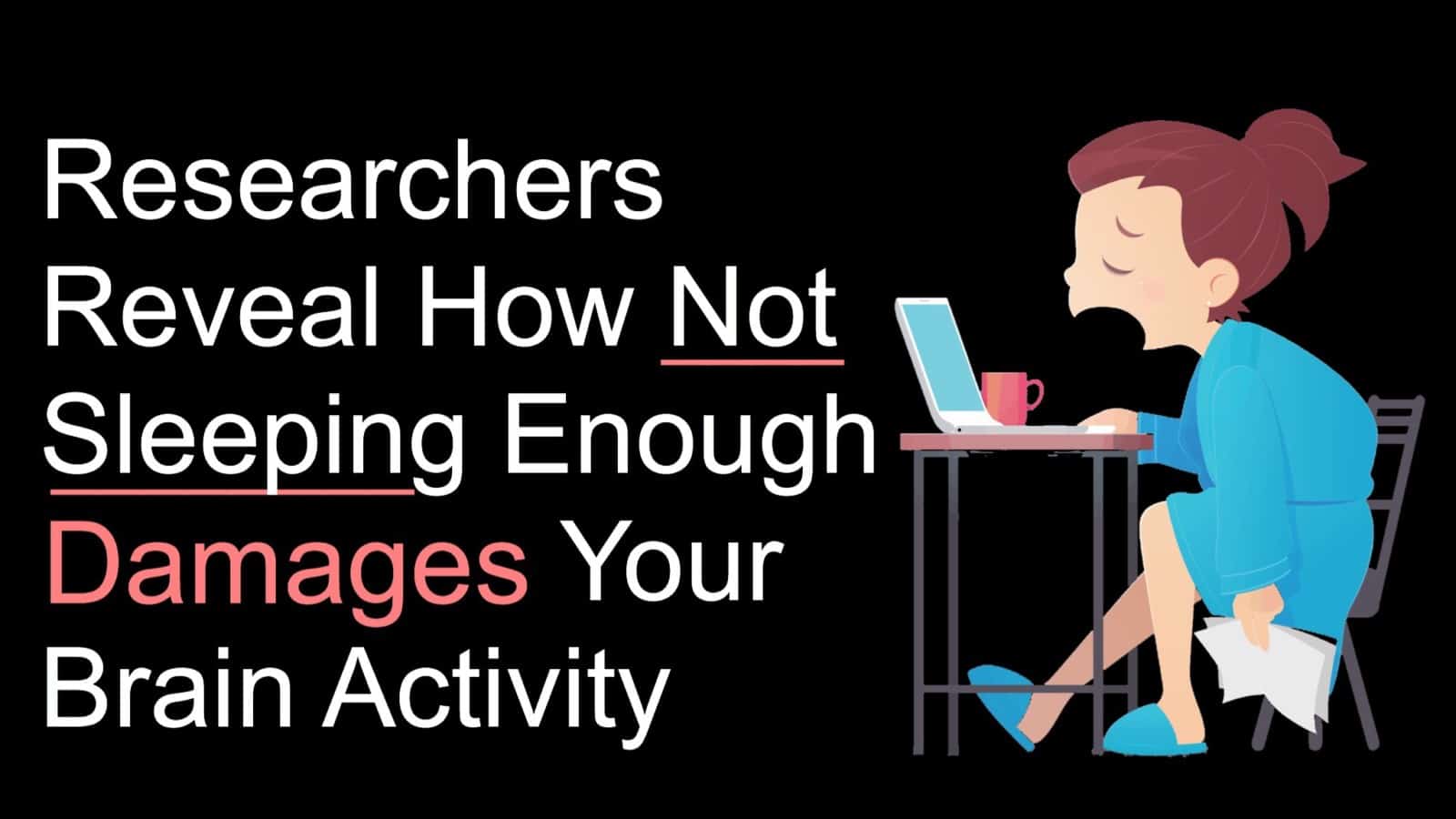If you have trouble falling asleep at night or wake up frequently, you likely have sleep deprivation. It is essential to learn to overcome the lack of sleep because it drastically affects your brain and body. It does much more than make you feel groggy and grumpy.
You should aim for at least seven to nine hours of sleep each night, even on the weekends. If you go for long periods getting less than that, you will experience a lack of sleep and its many effects. It depletes your mental abilities and poses a risk for your physical health.
Whether you have a sleep disorder or struggle with racing thoughts at night, anything that prevents you from getting rest is a problem. Your body requires sleep just as much as nutrients and water. Resting time depends on restoring chemical balances and promoting healing and immunity.
Thirteen Effects of Sleep Deprivation
Some of the signs of sleep deprivation include excessive sleepiness, frequent yawning, irritability, and daytime fatigue. If you experience any symptoms, make a lifestyle change immediately to reduce the effects. So what happens when you don’t get enough sleep? Take a look at these adverse consequences of sleep deprivation.
 1. Sleep Deprivation Causes Memory Issues
1. Sleep Deprivation Causes Memory Issues
Chronic insomnia can disrupt your central nervous system’s ability to function correctly. Research shows that a brain event called sharp-wave ripples is responsible for retaining memories.
The sharp wave ripples transfer learning information and memories from the hippocampus to the neocortex. These ripples occur during the deepest levels of sleep, which occur during a full sleep cycle.
2. Sleep Deprivation Can Cause Trouble Concentrating
Sleep is critical for thinking and learning, and you will find it difficult to concentrate with a lack of sleep. Lack of sleep harms your cognitive processes by impairing attention, alertness, concentration, reasoning, and problem-solving. These impairments make it harder to focus, learn, and retain information.
3. Sleep Deprivation Can Cause Mood Swings
Sleep deprivation negatively impacts your mental and emotional state. You’ll experience mood swings and feel impatient about everything. Plus, it makes you feel irritable and hinders your ability to cope with difficult emotions and stress.
4. Sleep Deprivation Compromises Your Immune System
Your immune system produces antibodies and cytokines while you sleep. These substances provide protection, fight infection, and combat bacteria and viruses.
Some cytokines also promote sleep health, which further boosts your immune system. Without adequate sleep, your body cannot produce enough cytokines for normal functioning. When you don’t get enough sleep, your body can’t fight off invaders, and it will take longer to recover from illness.
5. Sleep Deprivation Can Increase Your Blood Pressure
When you sleep, normal blood pressure drops by 10-20%. This drop is called nocturnal dipping, and those that don’t experience it tend to have hypertension. Poor sleep or nighttime disruptions are linked to blood pressure that doesn’t drop at night.
Lack of nocturnal blood pressure has a more severe effect on the heart than hypertension during the day. It can also cause kidney problems and reduced blood flow to your brain.
Additionally, sleep deprivation can cause high blood pressure during the day too. Hypertension due to lack of sleep effects is most likely to affect middle-aged adults. Additionally, it often affects those who work long hours in high-stress jobs.
6. Sleep Deprivation Can Cause an Increased Risk of Diabetes
Research shows that people with no diabetes risk factors went into a pre-diabetic state after only one week of inadequate sleep. The researchers attribute the increased risk of diabetes to an overactive central nervous system. When the system is overactive, it affects the amount of insulin your pancreas produces to regulate glucose levels.
Additionally, when you don’t get enough sleep, your body doesn’t process glucose efficiently either. So, even if your body produces it, you can’t use it properly. The longer you experience a lack of sleep, the more your risk of diabetes increases.
7. Sleep Deprivation Can Lead to Weight Gain
According to research, people that sleep less than six hours each day are nearly 30% more likely to become obese. Sleep deprivation can cause weight gain for a few different reasons. First, it affects the levels of hormones leptin and ghrelin that control feelings of hunger and fullness.
Leptin signals your brain when you’ve eaten enough, but your leptin levels decrease when you haven’t had enough sleep. Your brain doesn’t receive the signal, and you continue eating even after you should have stopped. Lack of sleep raises ghrelin levels, stimulating your appetite and leading to unnecessary snacking.
Another reason lack of sleep causes weight gain is that it makes you too tired to exercise. You won’t have the energy to be active and burn calories or build muscle mass.
 8. Sleep Deprivation Increases Your Risk for Developing Cardiovascular Diseases
8. Sleep Deprivation Increases Your Risk for Developing Cardiovascular Diseases
Sleep is essential for keeping your heart and blood vessels healthy. It affects your blood sugar, blood pressure, and inflammation levels. Getting enough sleep is also vital for healing and repairing blood vessels and the heart.
Studies show a link between insomnia and heart attack or stroke. It shows that people who don’t get enough sleep are more likely to develop cardiovascular disease. Lack of sleep increases your risk of the following issues:
- heart attack
- irregular heartbeat
- heart disease
- stroke
- heart failure
9. Sleep Deprivation Lowers Your Libido
People who lack sleep experience lower libido and less interest in sex. This issue stems from depleted energy and increased tension, and it is accurate for men and women.
Men with sleep apnea have another reason for a lowered libido sleep deprivation. Studies show they also have low testosterone levels, affecting their sex drive.
10. Sleep Deprivation Affects Your Gait and balance
Research indicates that people with sleep disturbances experience worse balance and gait function. One study of 20 people with no previous history of sleep issues or balance impairments showed that lack of sleep affects balance and posture control.
The participants with deteriorating sleep quantity and quality experienced gait and balance changes. The people that didn’t experience sleep interruptions or deprivation experienced no changes.
11. Sleep Deprivation Makes You Prone to Accidents
Sleep deprivation is dangerous because it can play a role in major accidents. When you’re in a vehicle, it poses a threat to you and the public.
Research shows that driving without sleep is comparable to driving drunk as it slows your reaction time. It is the cause of about 100,000 vehicle crashes and 1,550 crash-related deaths each year.
Driving isn’t the only time a lack of sleep can lead to accidents. You can experience more accidents and injuries on the job when you haven’t had enough sleep, too.
Additionally, the signals your body sends to your brain will likely be delayed when you’re exhausted. When this happens, it decreases your coordination and increases your risk of having an accident.
12. Sleep Deprivation Increases Your Risk for Depression
Lack of sleep can contribute to depression. Studies show that people with depression tend to get less than six hours of sleep each night. Sleep deprivation makes you five times more likely to develop depression; if you already have it, the symptoms will worsen.
Not getting enough sleep and depression create an endless cycle as they feed on one another. Lack of sleep aggravates depression symptoms, and depression results in less sleep. You might have to treat both issues to find an effective remedy.
13. Sleep Deprivation Can Increase the Aging Process
You’ll experience unhealthy skin coloring and puffy eyes when you don’t get enough sleep. Additionally, it causes dry skin, fine lines, and dark circles under your eyes. These appearance changes can make you look older and increase the aging process as your body can’t heal itself due to lack of sleep.
Without enough sleep, your body releases excess cortisol, a stress hormone. Increased cortisol levels break down the skin collagen, otherwise known as the protein that keeps skin smooth and flexible.
Additionally, lack of sleep causes a deficiency of human growth hormones. This hormone is essential for increasing muscle mass, thickening skin, and strengthening bones. When you don’t have enough, it speeds up the aging process, causing irreversible damage.
How To Treat Sleep Deprivation
Treating sleep deprivation is easy if you can plan on getting more high-quality sleep. Some treatment options include these behaviors:
- getting seven to nine hours of sleep each night
- treating sleep disorders
- don’t try to force yourself to sleep
- get out of bed and do something relaxing for a while
- try reverse psychology
- implement a consistent bedtime routine
- set a time for worry so that you don’t worry at bedtime
- get tasks in order and write down everything that comes to mind
- focus on positive thinking
- listen to calming music
- play a relaxing audiobook or podcast
- use white noise
- try new relaxation methods
- practice breathing exercises
- meditate
- try progressive muscle relaxation
- do yoga
- acknowledge your thoughts and recognize irrationalities
- write in a journal
 Final Thoughts on Effects of Sleep Deprivation on Your Brain and Body
Final Thoughts on Effects of Sleep Deprivation on Your Brain and Body
Many people struggle to get enough sleep, and the effects on your brain and body are detrimental. Alleviating sleep deprivation can help you take control of your health and feel better overall.
Don’t ignore your lack of sleep and assume there won’t be long-term effects. Remember the effects of lack of sleep on your brain and body and find ways to fall asleep easier.


















